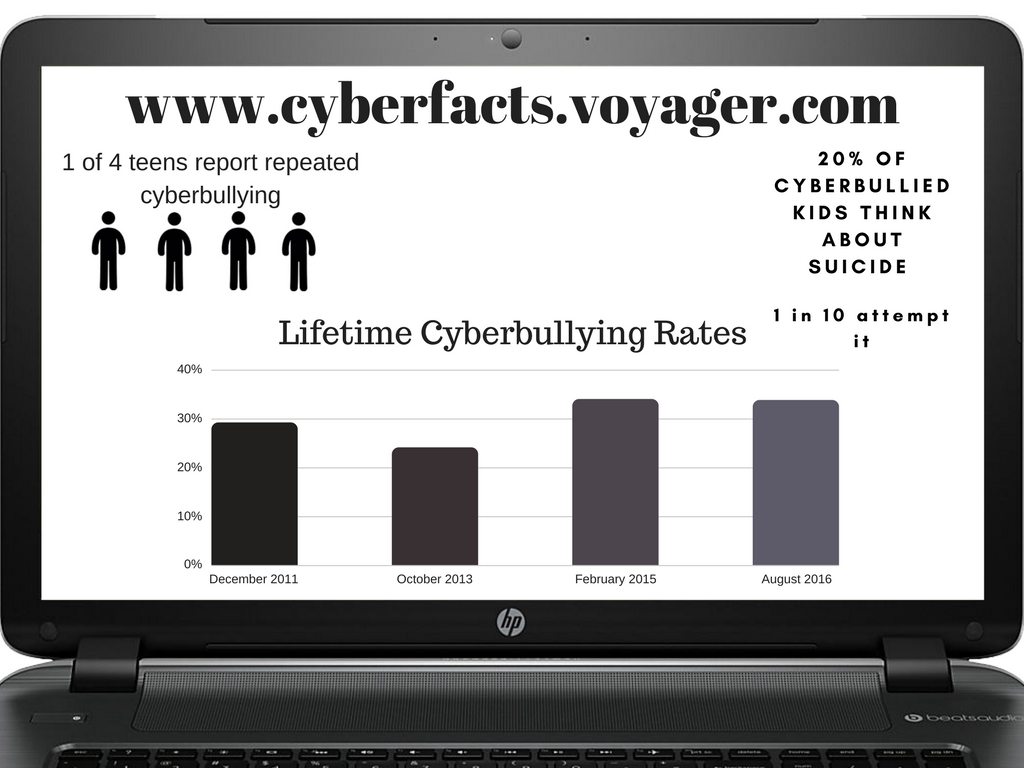Is social media driving you crazy?
Researchers say social media can affect mental health
Have you ever felt unhappy over a picture you’ve seen on Instagram? Well, you’re not alone.
Recently, the Royal Society for Public Health released a study that Instagram is the “worst social media site for young people’s mental health.” The study says that the site impacts health and well-being issues such as anxiety, depression, and body image.
Sophomore Rayna McCoy said that this finding is somewhat true.
“It’s the fact that everyone views things differently. Sometimes seeing certain things [on Instagram] can make you anxious,” McCoy said.
Senior Ariyana Maddox said that the reason for this is society’s standard of beauty.
“It can impact the mind of someone who doesn’t see themselves as such,” she said.
91 percent of 16-24-year-olds use the internet for social networking, according to the Royal Society for Public Health. They use these apps on a daily basis to share pictures, tweet their thoughts, and communicate with people across the world.
However, this communication, Psychology teacher Terri Davis said, isn’t necessarily always positive.
“Teenagers are more so friends with people that they don’t know personally and sometimes those comments that can be said to a teenager may be a little bit more damaging as far as self-esteem is concerned,” she said.
Davis also said that she doesn’t know anyone personally that has been negatively impacted by social media, but she does read the comment sections.
“People tend to be a bit meaner behind the screen than they are in person, which could damage someone’s mental health,” she said.
Cyberbullying is another thing that can lead to mental health problems. This problem has been going on for many years and is still predominant today.
Social worker Lindsay Brown said that she has seen this first hand.
“I’ve had a lot of students come in because they’ve seen other students talking about them on social media. They might not want to come to class or even to school,” she said.
Brown also said that cyberbullying can “lead to anxiety, which can potentially lead to suicide.”
Many people are now asking for more awareness of mental illness caused by social media. The Royal Society for Public Health is now calling for social media platforms to “identify users who could be suffering from mental health problems by their posts, and discretely signpost to support”.
“I believe it can be stopped if we have more awareness programs about how it’s affecting teens. To show more positive ways to use social media to work on depression, cyberbullying, or self-image in general,” Brown said.





